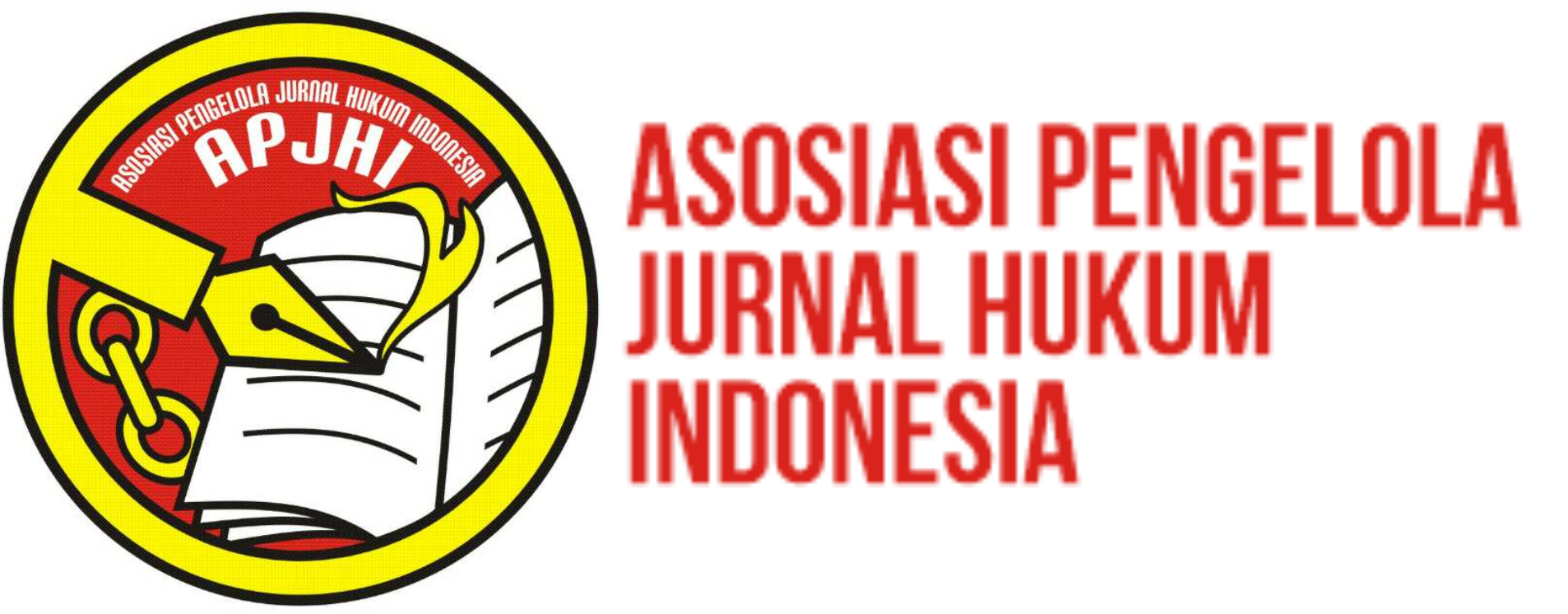- Focus and Scope
- Section Policies
- Peer Review Process
- Open Access Policy
- Copyright Notice
- Plagiarism and Retraction Policy
Focus and Scope
JURNAL ILMIAH MAHASISWA FAKULTAS HUKUM UNIVERSITAS MALIKUSSALEH (Faculty of Law Student Scientific Journal) is a double blind peer reviewed journal published by the Faculty of Law, Universitas Malikussaleh. JURNAL ILMIAH MAHASISWA: Jurnal Ilmiah Mahasiswa Fakultas Hukum (Faculty of Law Student Scientific Journal) published three times a year, every January, April and October and has been registered as Scientific Journal on LIPI with Special ISSN Number (ISSN ONLINE 2798-8457). JURNAL ILMIAH MAHASISWA FAKULTAS HUKUM UNIVERSITAS MALIKUSSALEH (Faculty of Law Student Scientific Journal) is a Scientific Journal of Law that has specificities in the fields of Legal Services, Community Engagement of Law Sector, Legal Aid, and Advocacy. The scope is not limited to: Economic Law, Civil law, Criminal law, Constitutional law, Environmental law, International law, Islamic law, and Information Communication and Telecommunication (ICT) Law
Section Policies
Articles
Peer Review Process
Editors choose reviewers who are ready to work, have integrity, commitment, comply with all regulations, experts in the field according to the text being examined and avoid conflicts of interest. The anonymity of a sustainable partner. The review is carried out as a form of evaluation of the work of research conducted by others in the same field to maintain the quality or improve the quality of the work of that field. Reviews are conducted by at least 2 reviewers. If there is an imbalance in the ratings from 2 reviewers, it can be reviewed again to the third reviewer. Reviews must be based on objectivity and impartial considerations, not exclusive, not personally and professionally biased. Reviews must be confidential, comments must be polite and able to withstand public scrutiny. Avoid duplicate publications by searching for references related to manuscripts.
Open Access Policy
This journal provides immediate open access to its content on the principle that making research freely available to the public supports a greater global exchange of knowledge.
Copyright Notice
Authors retain copyright and grant the journal right of first publication and this work is licensed under a Creative Commons Attribution-ShareAlike 4.0 International License that allows others to share the work with an acknowledgment of the work's authorship and initial publication in this journal.
All articles in this journal may be disseminated by listing valid sources and the title of the article should not be omitted. The content of the article is liable to the author.
Authors are able to enter into separate, additional contractual arrangements for the non-exclusive distribution of the journal's published version of the work (e.g., post it to an institutional repository or publish it in a book), with an acknowledgment of its initial publication in this journal.
Authors are permitted and encouraged to post their work online (e.g., in institutional repositories or on their website) prior to and during the submission process, as it can lead to productive exchanges, as well as earlier and greater citation of published work.
In the dissemination of articles, the author must declare the JURNAL ILMIAH MAHASISWA FAKULTAS HUKUM UNIVERSITAS MALIKUSSALEH as the first party to publish the article.
Plagiarism and Retraction Policy
JURNAL ILMIAH MAHASISWA FAKULTAS HUKUM UNIVERSITAS MALIKUSSALEH does not tolerate plagiarism because it establishes a retraction policy when plagiarism is identified in articles submitted for publication. Plagiarism was identified based on similarity with similarity maximum tolerance of 30% which was examined using Turnitin checking software in detecting the similarity of text in articles.
When plagiarism is identified, the Editor in Chief is responsible for reviewing this paper and will provide a policy for the plagiarism detected in the paper.
The author who submitted the manuscript with similarities ranges from 15% -25% that policy is a warning given to the author and request to change the text and properly cite the original article so that the similarity maximum of 30%. If the level of similarity is greater than 30% then the article will be rejected.



